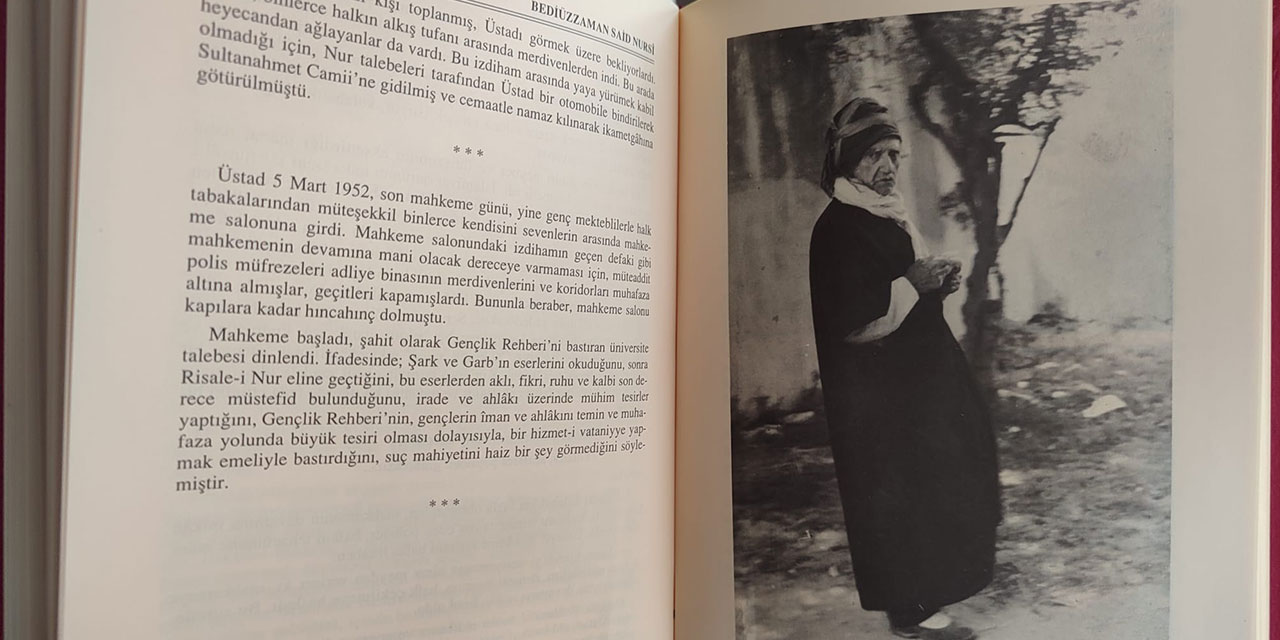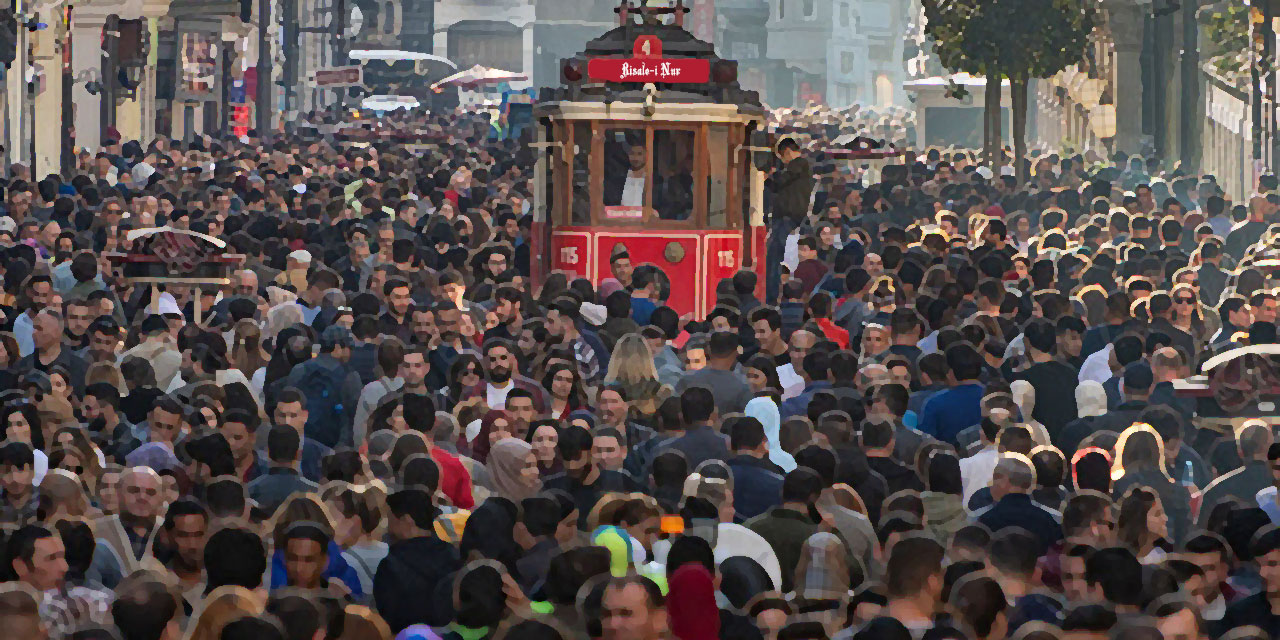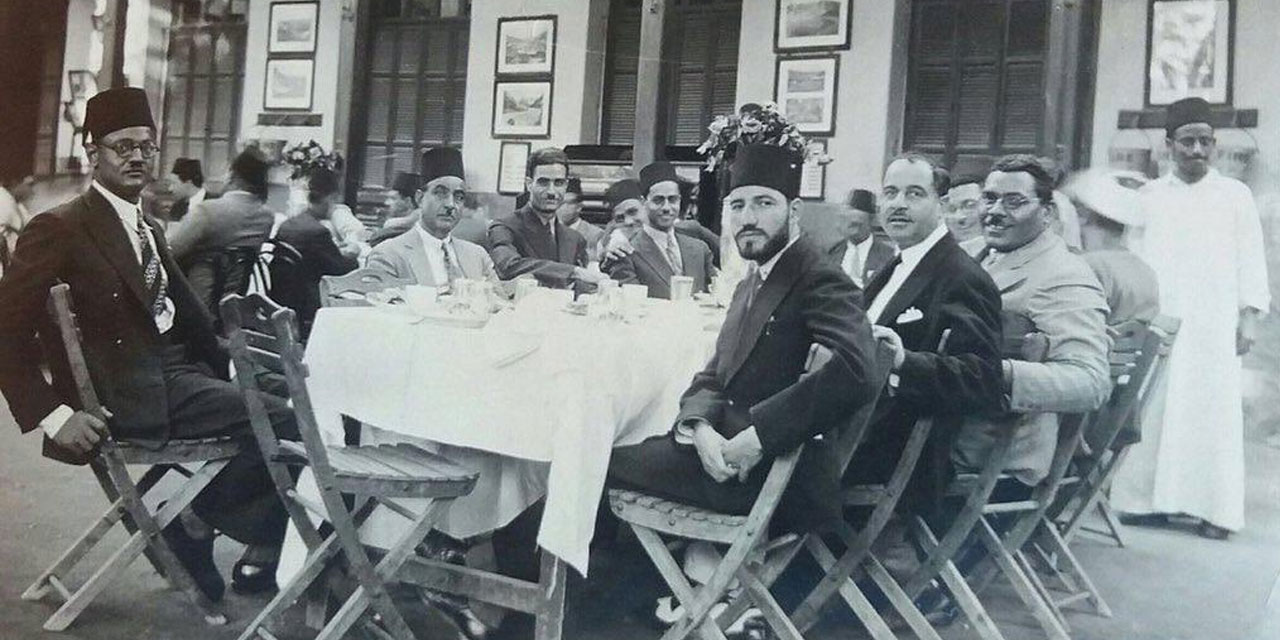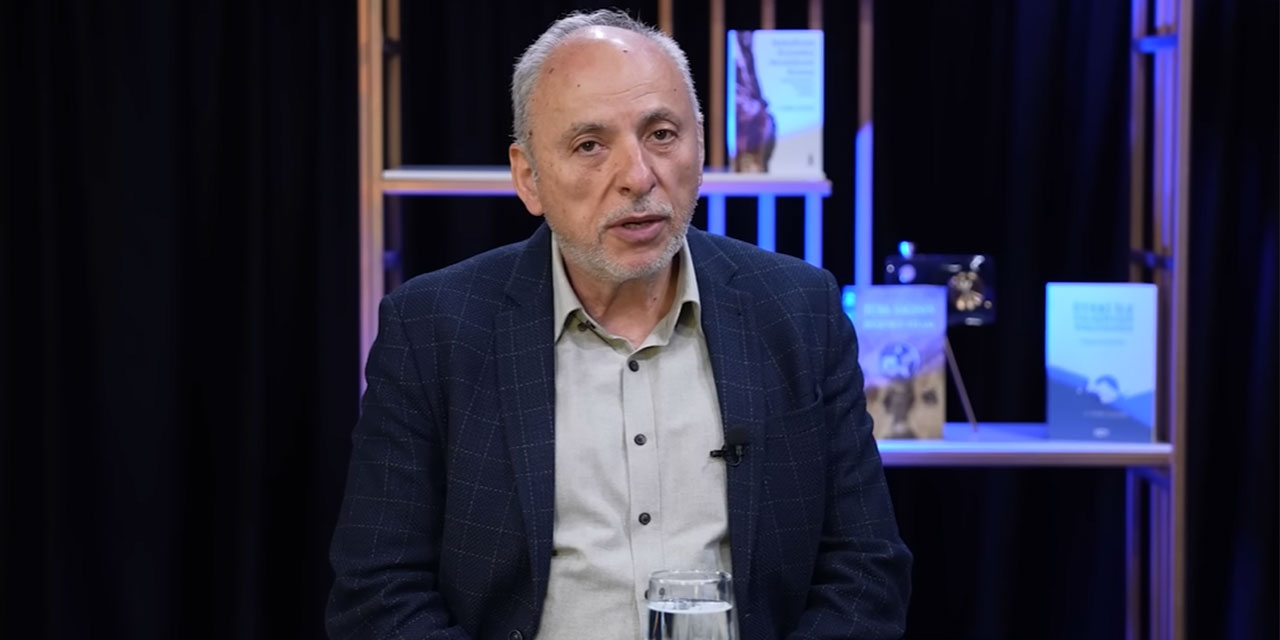
Said Nursi, Türkiye'nin en etkili dinbilimcisi
ABD'nin etkin gazetesi New York Times, Said Nursi'yi böyle değerlendirdi
Risale Haber-Haber Merkezi
Türkiye'de 5 Ocak itibariyle 2 bine yakın belge üzerindeki yayın yasağı kalkıyor. ABD'nin etkin gazetesi New York Times, işte bu gelişmeyi değerlendirdi.
ABD'li gazete, "Türkiye, Yüzlerce Yayın Üzerindeki Yasakları Kaldırmayı Planlıyor" başlığını kullandığı haberde Ankara Cumhuriyet Savcısı Kürşat Kayral'ın konuya ilişkin "Yasağın kaldırılması ile toplumun yeni bir sayfa açmasına olanak sağlanacağı" yönündeki açıklamasına dikkat çekildi.
Haklarındaki yasağın kalkacağı kitapların arasında "Türkiye'nin 20.yüzyılının en büyük şairi" olarak nitelediği Nazım Hikmet'in bazı eserlerinin de bulunduğunu vurgulayan gazete, serbest kalacak birçok eser arasında "ülkenin en etkili dinbilimcisi" dediği Said Nursi'nin bir kitabı ile Karl Marx'ın "Komünist Manifestosu", Dersim'e ait halk türküleri koleksiyonu ve İtalyan çocuk kitabı "Kaptan Miki"yi de saydı. ABD'li gazete, reformla bir bakıma yasaların, ülkenin sosyal realitesine uyumlu hale getirileceğini kaydetti. (Sabah)
Haberin orjinali:
Turkey Plans to Lift Bans on Hundreds of Publications
By Susanne Güsten
ISTANBUL — In a collection of essays published in 1959, the writer Aziz Nesin made an apparently anodyne declaration: “Socialism is ethical,” he wrote.
Unfortunately for Mr. Nesin, a typesetter’s error turned the Turkish word “ahlak” into “allah,” resulting in the pronouncement that “socialism is God.” Half a century later, the book remained officially banned, as the trustees of his estate found to their surprise a couple of years ago, when a dozen copies were confiscated at the airport.
“They were seized from the luggage of a colleague who was traveling abroad and had taken them along as gifts for friends,” Suleyman Cihangiroglu, director of the Nesin Foundation, said in an interview in Istanbul this week.
The book, it emerged in heated discussion with security officials at the airport, still figures on a list of nearly 2,000 publications that are officially banned in Turkey by half-forgotten orders of various courts, ministries, emergency rule officials and other institutions.
The list of banned publications has been accumulated over more than 60 years, but this chapter is now coming to an end.
Effective on Jan. 5, all bans will be lifted, freeing 453 books and hundreds of periodicals, magazines and newspapers from prohibition, the Office of the State Prosecutor in Charge of Media Crimes confirmed by telephone from Ankara this week.
“The repeal of the bans will enable society to open a new page,” the prosecutor, Kursat Kayral, said in a statement last week, announcing his decision to waive objections to a repeal of the prohibitions by Parliament.
The banning of books was neither in step with the information age nor suited to a country that was signatory to numerous international agreements on free speech and other fundamental freedoms, Mr. Kayral said. In addition, most bans referred to outdated editions or obsolete laws, while some court orders could not even be found any more, he said.
In an amendment to the press law passed in July as part of a judiciary reform package, Parliament declared all past publication bans null and void unless renewed by order of a court within six months of the law coming into effect, a deadline which expires on Jan. 5. The prosecution’s decision not to apply for any renewals means that all publications will be permitted from that date.
Among the works to be legalized by the move are several books by Turkey’s greatest 20th-century poet, Nazim Hikmet, including an edition of his “Collected Works,” banned by an Ankara court in 1968, as well as a book by the country’s most influential theologian, Said Nursi.
The list also includes the Communist Manifesto by Karl Marx; a 1987 edition of the National Geographic Atlas of the World, banned by the government itself for designating Kurdistan and Armenia; a collection of folk songs from the rebellious province of Dersim; a 1996 human rights report by the Turkish Human Rights Association, banned by a state security court; and the Italian comic book Captain Miki, outlawed in 1961 for “leading children astray.”
In some ways, the reform will merely align the law with the social reality of the land, where most of these books have been freely available for years despite the bans.
Forty years after the publisher Suleyman Ege was sentenced to seven and a half years in prison for publishing the Communist Manifesto in Turkish, readers today can choose between several Turkish editions of the book and even a Kurdish one.
“We have never been investigated or prosecuted,” Hayri Erdogan, a publisher of the Manifesto, said in an interview in Istanbul this week. His publishing house, Yordam Books, has sold around 6,000 copies of its Turkish edition since 2008 and is preparing the fifth print run for January; it also offers the Kurdish translation.








